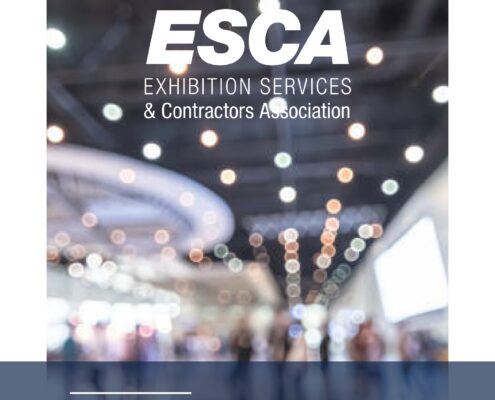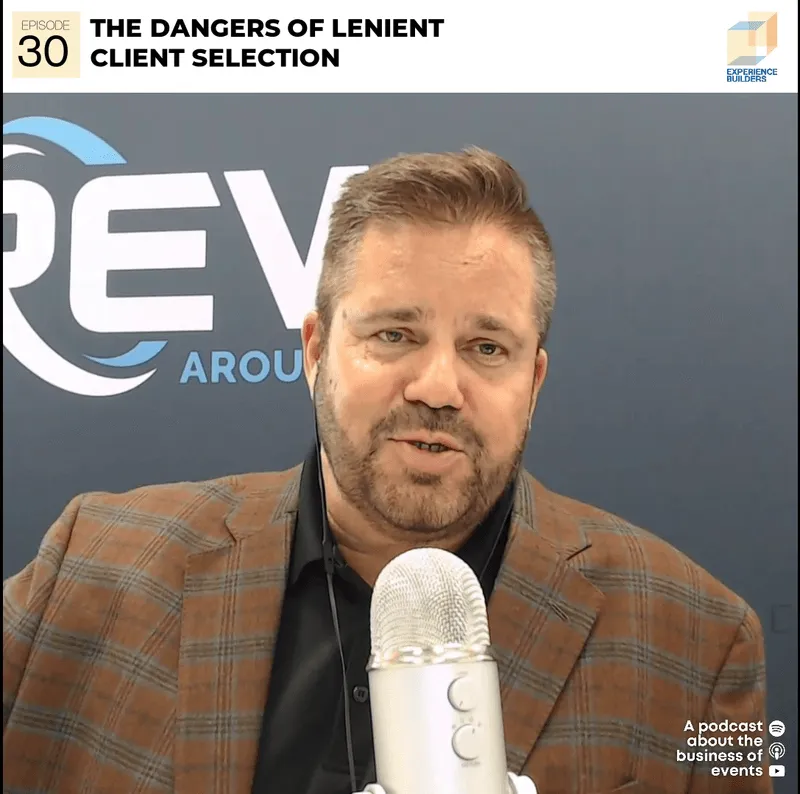Tradeshows are notorious for the amount of waste they generate, from the countless promotional items and food samples, to the mountains of pamphlets doled out to attendees. For exhibitors, putting your best green foot forward not only reduces your environmental impact, but also conveys a positive image to customers and prospects, and may even save you money.
Many tradeshow facilities are making progress in increasing the sustainability of their events, and the efforts of exhibitors can make a real difference to encourage further “greening.” EcoTensil, makers of compostable, ultra-green paperboard utensils, seek to help retailers green their tradeshow experience by offering the following simple tips.
1. Ask about green opportunities.
Always ask your tradeshow coordinator what options are available to facilitate greening your booth. It is important to let them know the expectations you have for greener tradeshows, such as easy access for disposing of sorted waste and for the recycling of corrugated boxes. Ask them if they are cleaning and reusing carpeting, or just piling it up in a landfill. As more exhibitors reach out to show coordinators and contractors with these requests, greener options will become more readily available.
2. Separate trash, compost and recycling.
Most tradeshow facilities have places for exhibitors to recycle, and more and more food shows offer bins specifically for compostable items. Investigate the available disposal options before the show and have two clearly marked receptacles for sorting disposables in your booth. Ask your floor manager for the location of the nearest recycling or composting location for easy disposal of your reclaimable waste at the end of the day.
“We offer only compostable products in our booth so our only trash bin has a large ‘compostables only’ sign over it,” said Peggy Cross, founder of EcoTensil. “Since our products are also recyclable, if a show doesn’t provide a compost option, we use a big ‘recyclables only’ sign instead. We keep a paper bag under our table for the bits of other trash that end up in the booth.”
3. Practice sustainable sampling.
For tradeshows where food samples are offered, the utensils, napkins, plates and other serving ware used generate a huge amount of waste. At the 2011 NASFT Summer Fancy Food Show, about 900,000 plastic utensils were used over just three days. For exhibitors serving samples, look for utensils and other eco-friendly service ware that provide a more sustainable alternative to plastic.
“It’s disconcerting when you think about it,” said Cross. “A plastic tasting spoon is used for just seconds but will live on in our oceans and landfills for hundreds or thousands of years to come.”
When looking for more sustainable sampling options, make sure service ware is labeled “compostable,” not just “biodegradable.” Biodegradable products are typically not accepted in commercial compost facilities and will eventually end up in landfills.
4. Donate left-over food.
Many tradeshows have food donation or composting programs, so make sure to check with the show prior to attending about how to ensure left-over food does not go to waste.
5. Minimize the use of printed materials.
Instead of handing out pamphlets and press materials to attendees who are already collecting a heap of these papers, consider more sustainable means, like QR codes or reusable flash drives. Some tradeshows also offer the option of renting a scanner to exchange information with exhibitors and attendees.
For situations when you need printed information, you can eliminate waste by using individual sell sheets instead of entire packets, and your customers will appreciate having to carry less. At the end of the show, bring your unused materials back with you and put unwanted materials in one of the show’s recycling bins; don’t just leave them at the booth.
6. Research efficient transportation to and from the venue.
By taking public transportation to and from the show location, not only do you avoid the cost and hassle of parking, but you also minimize the pollution that goes along with driving around a congested city. Finding a hotel within walking distance of the show venue also eliminates the need to rent a car or drive each day. If you must rent a car, ask for a hybrid. Some rental companies provide incentives to make greener choices. For instance, the SFO Airport provides a $15 discount to customers who choose to rent hybrid vehicles.
7. Rehydrate responsibly.
Traveling with a reusable water bottle is always recommended, but for exhibitors and attendees alike, having one at a tradeshow is a must. At most tradeshows, the drinking water available is in jugs with plastic or paper cups to drink from. Being on your feet all day makes water a necessity, and the amount of disposable cups used at events is astonishing.
For more information about EcoTensil and other resources for sustainability visit www.ecotensil.com.































